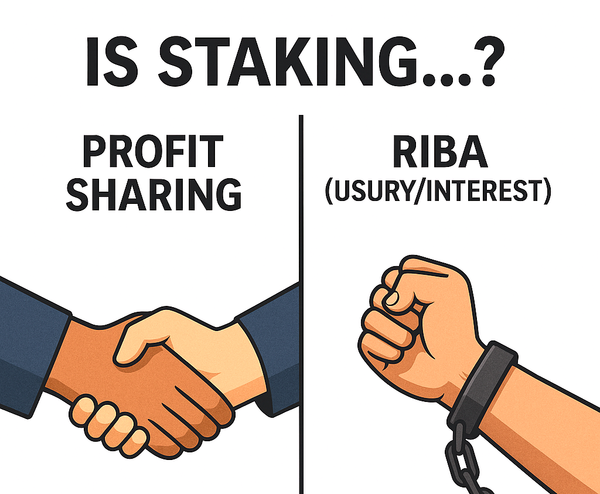Forex: Haram or Halal?
Forex is the trading of currencies such as USD to EUR to YEN.

Forex is the trading of currencies such as USD to EUR to YEN.
On paper, this seems like a fairly simple way of investing, but when looking deeper into it, there are some problem areas for Muslim investors.
Forex trading can be Halal if a few condition are met:
- Equality on both sides if the currency is same: If you exchange large units for small units of same currency (e.g., US$100 bill for US$1 bills) the total amount must be the same. However, this scenario is not relevant in Forex, because mostly, different currencies are exchanged in Forex trading. When different currencies are exchanged, equality in their value is not required. For example, US$1 can be exchanged for AED3.67. It does not have to be 1 dollar for 1 dirham.
- Exchange must be on the spot: this has 2 parts. (a) The ownership of the currencies from both sides should be transferred at the time of the contract. (b) The delivery and possession of the currencies should also take place at the time of the contract.
Notice that this 2nd condition also necessitates that the parties should own the currencies they want to exchange before the conclusion of the contract.
Also note that the condition 2(b) means you cannot delay any part of the payment of either currency for any time, even a few hours. But when such an exchange is done internationally and if the procedures of the transfers take some time (e.g., a few days), the transaction is still considered as happening on the spot, provided that you do not incorporate any intended delay in the contract itself as a condition. Hence, you ask for immediate transfer and immediate charge to your account or you pay cash and any procedural time consumed until the other party receives the other currency in another country does not violate the principle of immediate delivery.
We, and a consensus of many other scholars believe that Forex is not permissible in Islam due to a few key reasons (aka the aforementioned conditions not being met):
- Both the buyer and seller do not physically own the currencies they wish to exchange
- When traded, the currencies aren’t always actually exchanged to and from parties
- The exchange does not occur immediately within the same session
- The involvement of interest in leverage or margin trading (Riba)
Most Forex trading platforms do not actually own the currencies they’re trading in their own reserves, so 1st condition is not met, consequently, 2nd and 3rd conditions also do not meet because of this.
Why does this matter? In Hadith, we learn that it is Haram to trade assets that one does not own:
“Do not sell what you do not possess.” (Sunan Abi Dawud, Hadith # 3503; https://sunnah.com/abudawud:3503)
We also of course know from previous posts and Quran that any involvement in Riba is also not permissible.
Sometimes, exchanges have some currency pairs in their reserves, but they do not immediately transfer the ownership of the funds to the contracting parties, hence 2nd and 3rd conditions are not met. Therefore, forex trading is not allowed.
Most of the platforms offer CFDs of currencies, these CFDs are legal evidence that the platform neither owns/possesses the currency pairs it offers, nor there is an actual exchange of currencies.
To conclude, there are conditions that can be met to make Forex trading Halal but most platforms do not satisfy these conditions rendering the majority instances of Forex Haram.
If there any questions or disagreements, please leave a comment. These publications are always up for debate and conversation via our own research and ruling, never us decreeing fact.
Written by Haarith Bin Sulaimaan with key assistance from Farrukh Habib




